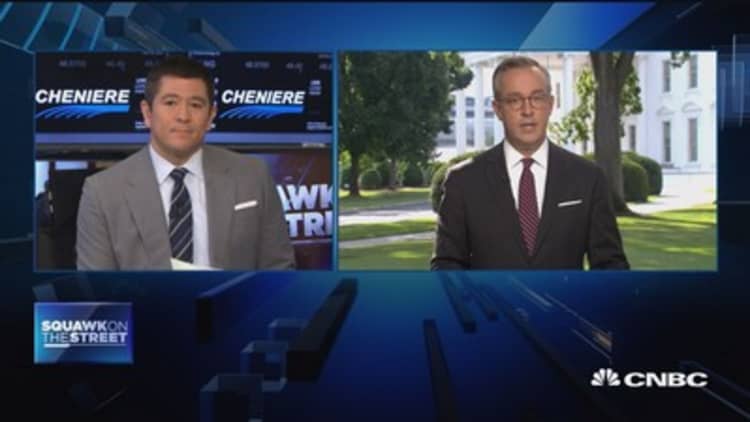
Health savings accounts are one of the most-favored investment options in the U.S. tax code. Your HSA contributions are tax-deductible, they grow tax-free and withdrawals avoid taxes if used for qualified health expenses, such as doctor's visits, prescription drugs and dental care.
All those advantages can be squandered if you use a high-fee HSA. Investment research firm Morningstar recently evaluated 10 large HSA providers and found that account maintenance fees vary greatly and investment menus could be improved.
"Account maintenance fees are the most important factor in choosing an HSA if you plan on using it as a spending vehicle," said Leo Acheson, a senior analyst at Morningstar. "Because interest rates are low, maintenance fees have a much larger impact on balances than rates for the average account holder."
Some providers, such as Alliant Credit Union and The HSA Authority, do not charge any monthly fees. Others will waive the maintenance charge if account deposits cross a certain threshold. And a few banks will levy a fee regardless of the balance. (See table below.)
"If you're a spender, a fee-free account with a debit card is a great option," said Eric Remjeske, president and co-founder of Devenir, an HSA consulting firm in Minneapolis.
Picking an HSA is trickier when you are using it as an investment account. Morningstar gave four providers — Bank of America, HealthEquity, Optum Bank and The HSA Authority — positive scores for their investment options based on below-average fees and the quality of the underlying funds.
In general, HSA providers could offer greater transparency about investment fees, Acheson said. For example, not only do providers charge an annual fee for the underlying funds, a majority of them also tack on a fee to invest in their fund lineup.
About 10 percent of the roughly 20 million HSA account holders have a balance of $5,000 or more and 4 percent of people are using their HSAs as investment plans, according to Devenir. Many HSA providers require that you have at least $1,000 in your account before you can invest.
Morningstar only analyzed a small part of the HSA market. You can comparison shop for accounts from more the 320 providers at HSASearch, which is run by Devenir.
Investors should evaluate HSAs on their investment menus, quality of investments and price.Leo Achesonsenior analyst at Morningstar
Your employer may direct you to sign up with its preferred HSA provider and give you cash to fund it. Roughly 80 percent of employers help fund their workers' HSAs, according to Fidelity. That money can come in the form of a direct contribution or a dollar-for-dollar match. The average contribution at Fidelity-run plans was $541 last year.
As long as you are enrolled in a qualified high-deductible health plan, you can choose whatever provider you want. However, if your employer only offers matching HSA contributions to its preferred provider, it makes sense to stick with that account until you have a large enough balance to invest with another HSA provider.
In 2017, you (and your employer) can contribute up to $3,400 to an HSA for individuals and $6,750 for families. Account holders age 55 and older can contribute an extra $1,000. Republican lawmakers have proposed nearly doubling contributions limits as part of their efforts to replace Obamacare.
"Investors should evaluate HSAs on their investment menus, quality of investments and price," Acheson said. "We don't believe that past performance is predictive of future results, so we placed little emphasis on performance when choosing an HSA."


